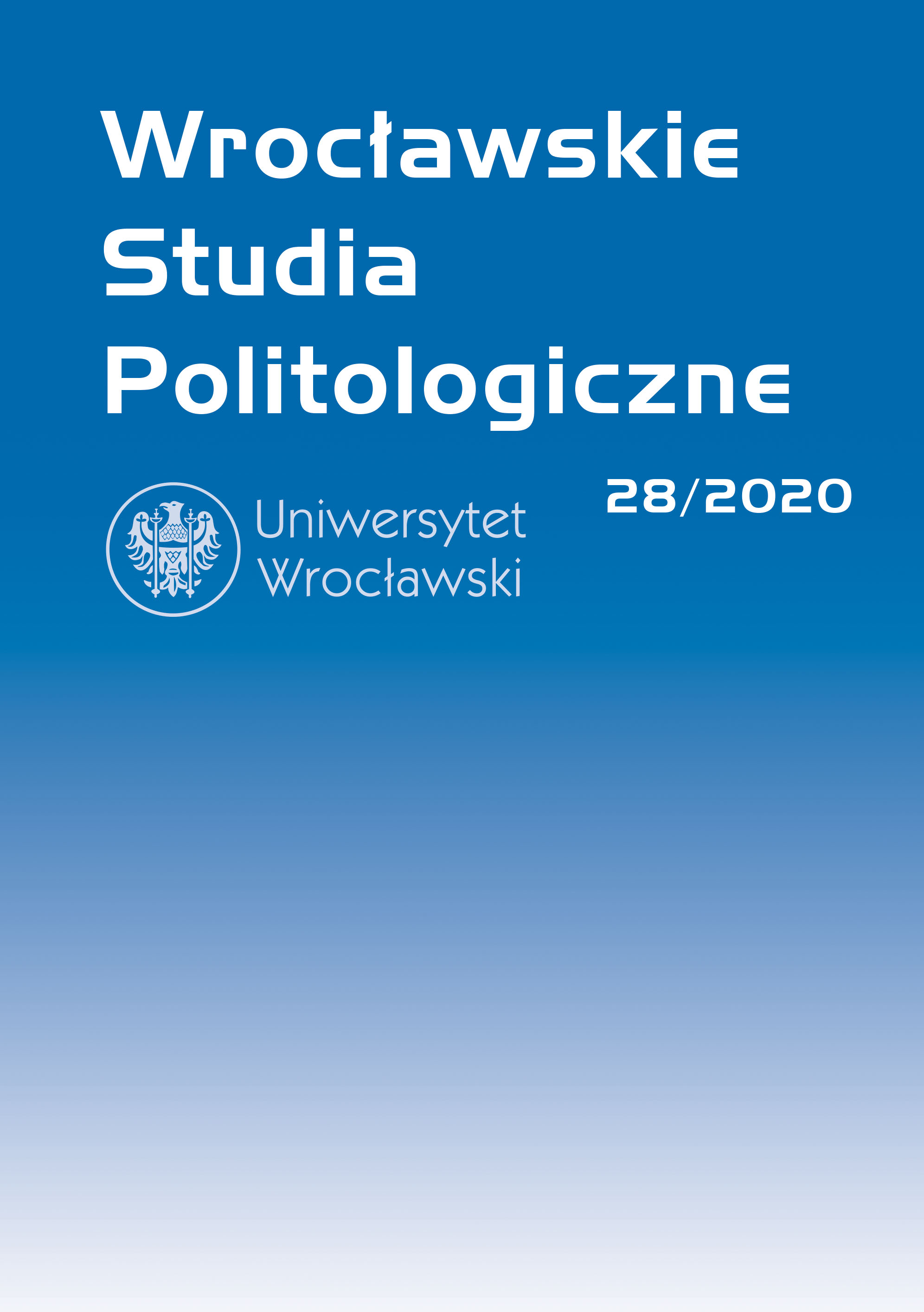

Varia

The diary is a “series of dated traces” which refers to the historical reality external to the writer and to the empirical person making the record. Diaries can be a report on everyday events, lyrical notes of feelings and emotions, a form of reflection on political, social, economic and cultural topics. The Dąbrowska Journal, recorded for fifty-one years, is a chronicle of the intellectual life of post-Yalta Poland, an abundant reporter of socio-political, cultural and literary events, a gallery of courts and opinions — often extreme and overbearing — an extremely sober diagnosis of relations between society and power. The uniqueness of the “Diaries” was that the author contained many details of intimate, everyday and political life. “Diaries” are a deep reflection on your own life and Poland. Dąbrowska was aware that she lived in a “police-totalitarian” system. Through journalistic prose, the author sent clear signals that she understands her contemporary political conditions and accurately assesses the surrounding world. Dąbrowska's diary survived as a testimony of the era, kept views and thoughts regarding the political reality of that time.